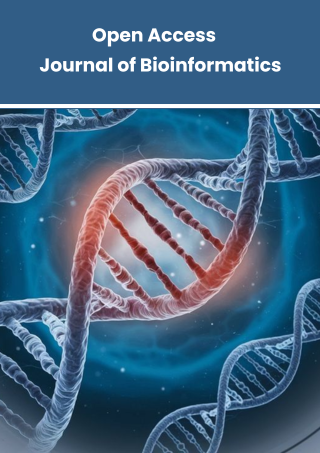Microbiome informatics
Microbiome informatics focuses on the computational exploration of microbial communities and their functional roles within diverse environments, including the human body, soil, oceans, and engineered ecosystems. By integrating metagenomics, metatranscriptomics, metaproteomics, and metabolomic data, the field enables researchers to characterize microbial diversity, identify community interactions, and uncover metabolic pathways that influence health, disease, and ecological balance. Advanced analytical approaches—such as taxonomic profiling, functional annotation, phylogenetic analysis, and machine learning—facilitate the interpretation of complex, high-dimensional microbial datasets. Microbiome informatics also supports biomarker discovery, personalized nutrition, therapeutic development, and environmental monitoring by revealing how microbial networks respond to internal and external factors. As microbiome research generates increasingly large and multidimensional datasets, robust computational frameworks remain essential for advancing biological understanding and translating microbiome insights into clinical and environmental applications.
Article Processing Timeline
| 2-5 Days | Initial Quality & Plagiarism Check |
| 15 Days |
Peer Review Feedback |
| 85% | Acceptance Rate (after peer review) |
| 30-45 Days | Total article processing time |
Indexed In
ResearchBib
Sindexs
OAJI
DOAJ
CrossRef
PubMed
MEDLINE
EBSCO A-Z / Host
OCLC - WorldCat
Journal Flyer


